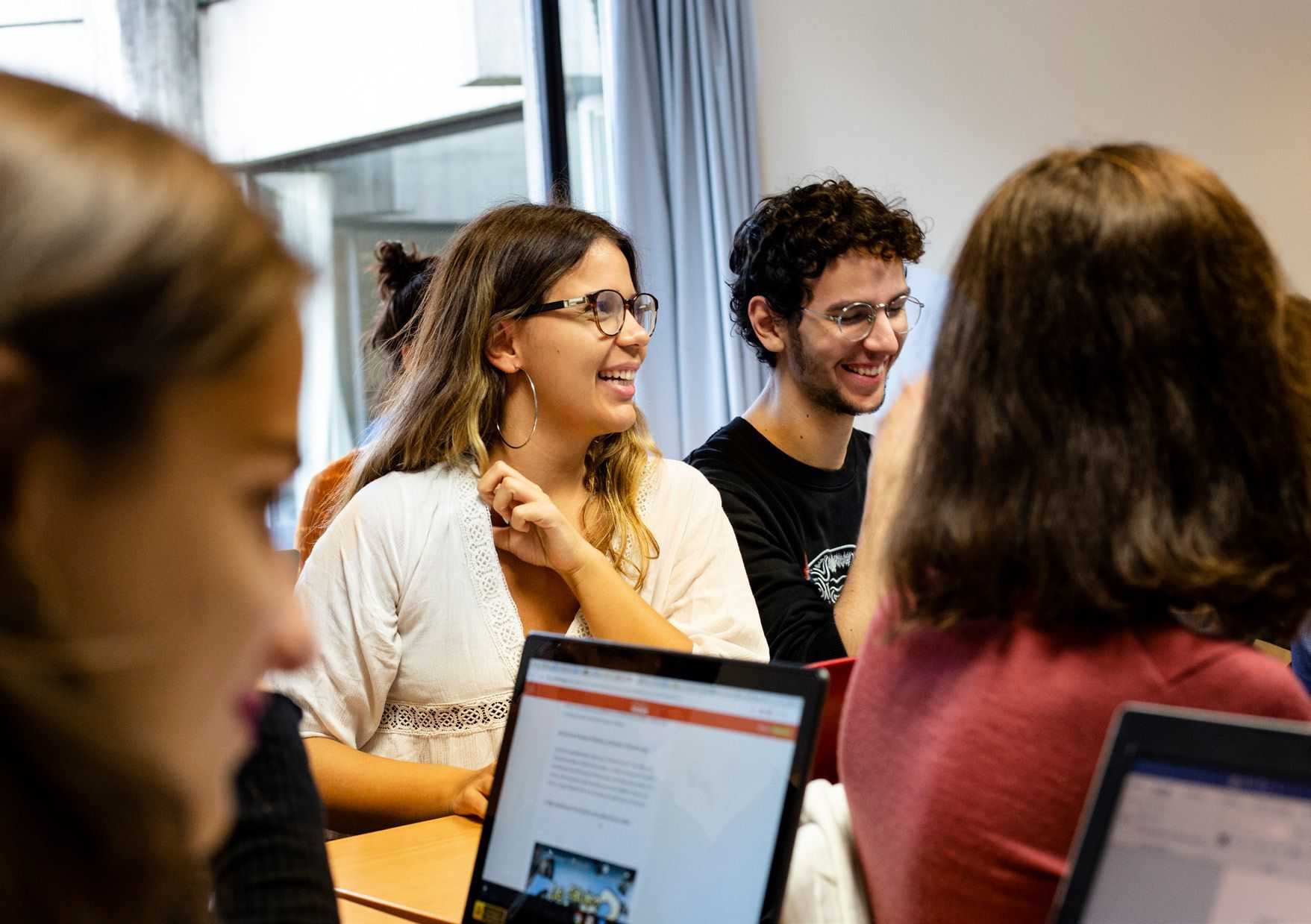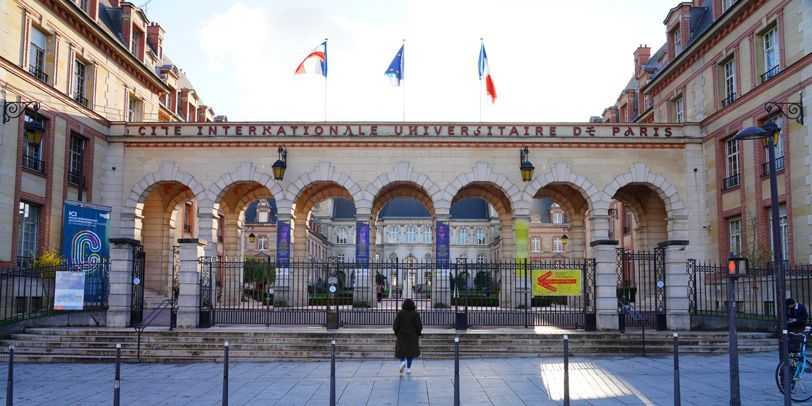
Home>Campus Life>A seven-campus network>Dijon Campus
Dijon Campus
Located in the region of Burgundy in a magnificent 19th century building, the Dijon campus was created in 2001. It hosts students who have chosen to follow the European Union, Central and Eastern Europe minor.
The European Union, Central and Eastern Europe Minor

In conjunction with the multidisciplinary programme in the social sciences common to the entire Undergraduate College, students are able to gain a more advanced understanding of the construction of Europe: the challenges of past and future EU enlargement, governance of the EU on a cross-continental scale and the question of European borders.
Students taking this French-language programe (with some courses in English) delve into the history and running of the European Union; its communist past; postcommunist transitions and Europeanisation dynamics in Central and Eastern European countries; recent developments and the challenges of the European perspective in the Western Balkans; the Ukrainian Revolution; the history of Russia and the post-Soviet space, etc.
As a “European hub” with a particular density of students from all Central and Eastern European countries, the Dijon Campus is the ideal place to study EU debates concerning the migrant crisis, the question of “illiberal democracy”, Turkey and the Western Balkans’ applications for EU membership, or the future of the EU post-Brexit. Students also have the chance to explore various topics relating to Russia, Ukraine and other countries in the “post-Soviet space”.
Students can also study the languages of the region, such as Hungarian, Polish, Romanian, Russian or Czech.
Bachelor of Arts, Minor European Union, Central and Eastern Europe, Programmes (in French):
Please download: Dijon campus calendar (PDF, 22 Ko).
Discover the campus on video
A unique experience in an international environment
The Dijon campus accommodates around 200 students. 40% are from outside France, mostly from Central and Eastern European, Baltic and Balkan countries, and some from the Caucasus and Central Asia. This cultural diversity makes the first two years on campus an international experience in itself, which is capped off with the third year outside France studying at one of Sciences Po's 470 partner universities or with a dual degree with University College London (UCL).
Campus life is also kept vibrant by the vast range of clubs and associations on offer and many events held throughout the year. Students are able to initiate and take part in debates, conferences, study trips, and sports and cultural events, giving them a strong sense of empowerment. They are also encouraged to get involved in initiatives focused on the local community and citizen engagement. The campus’s many partnerships with local organisations offer students very attractive opportunities for their projects and internships.
Thanks to the small class sizes, students on the Dijon campus enjoy very close attention from the faculty for both their studies and extra-curricular activities.
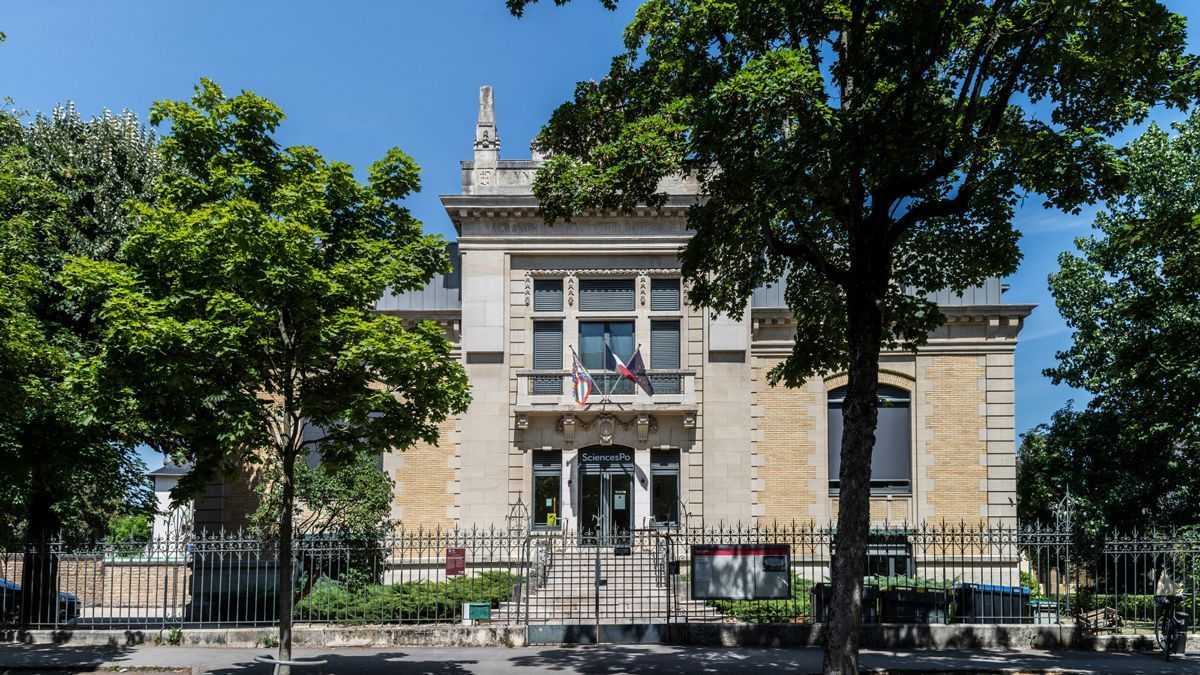
Front of the Dijon campus
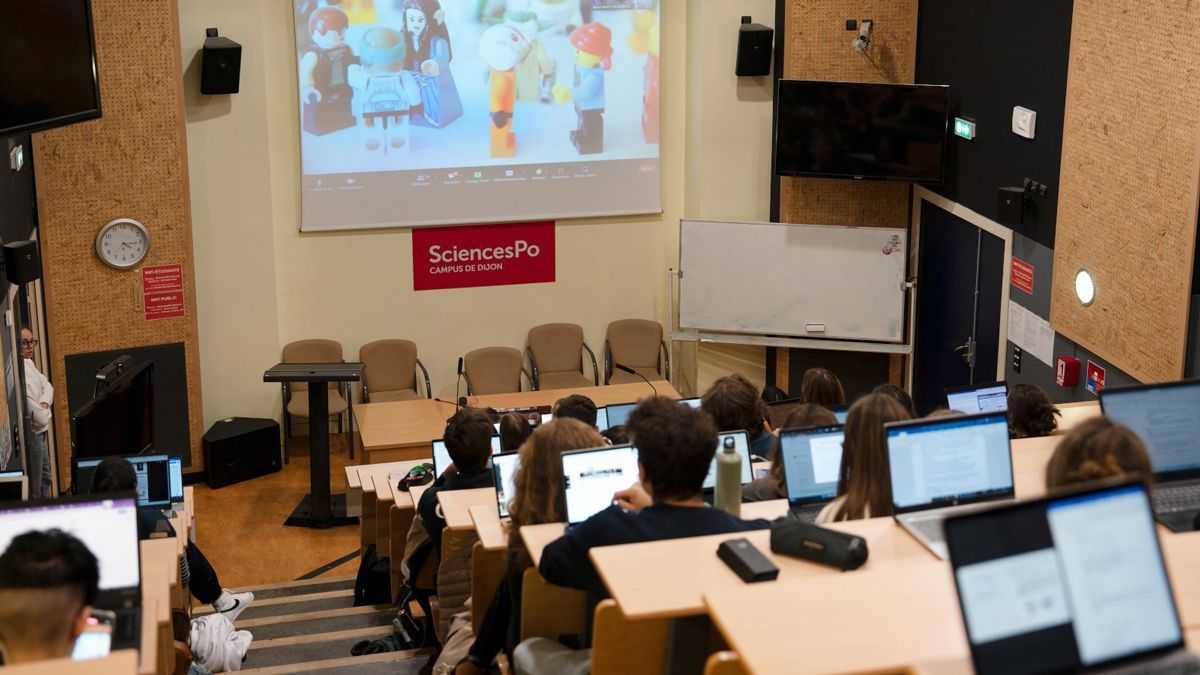
Amphitheatre course
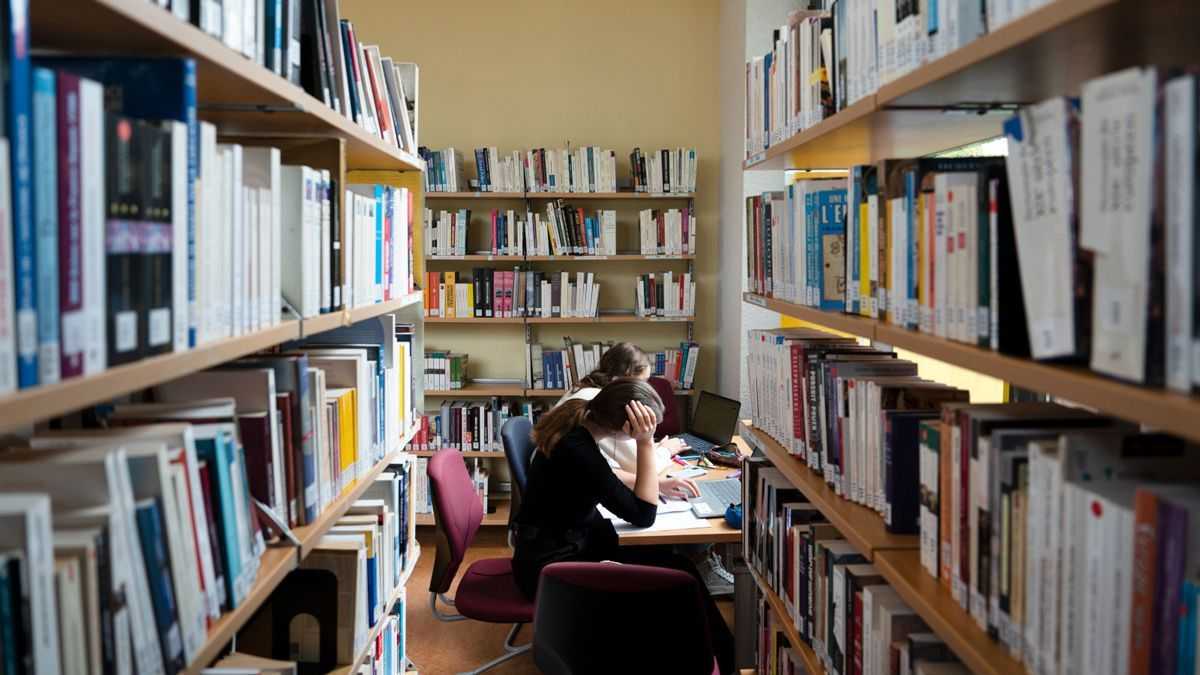
Library reading room
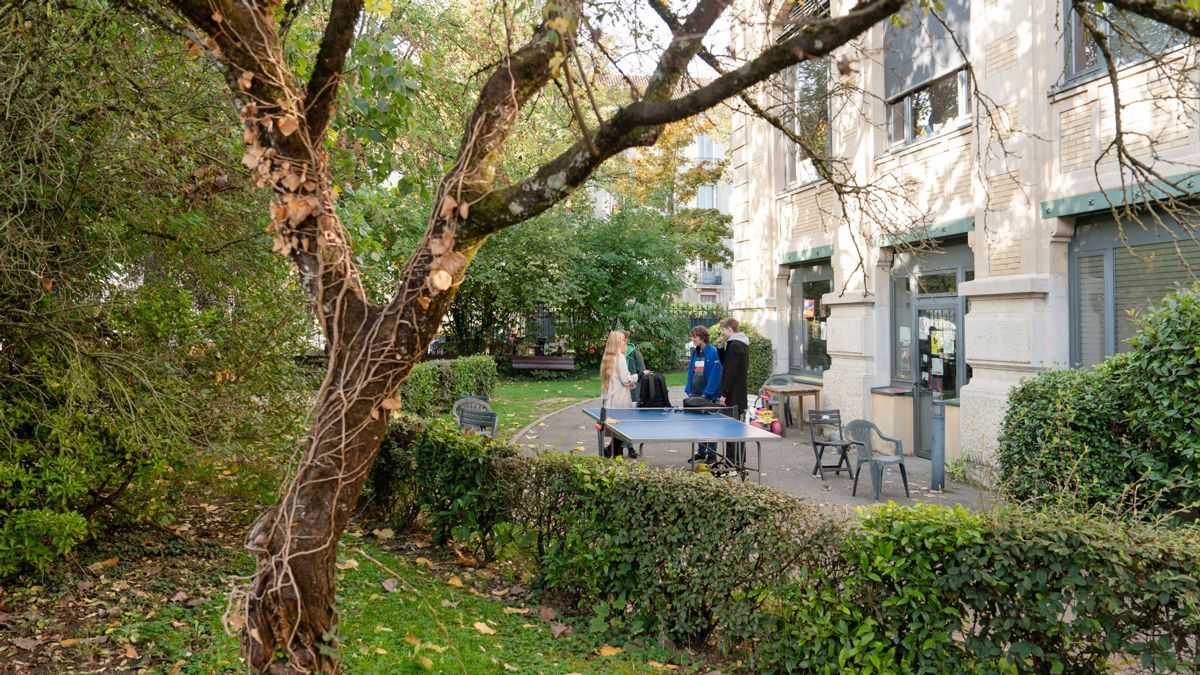
Campus garden
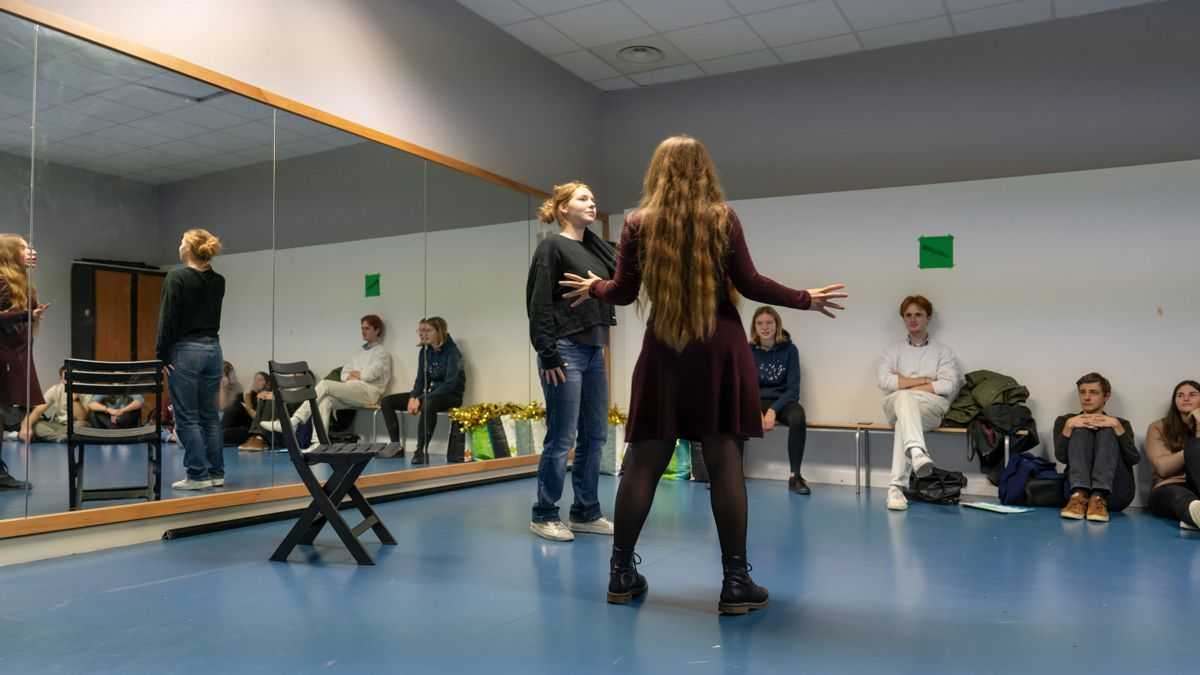
Theater workshop
Dijon, a university town rich in history
The Dijon campus, a beautiful building dating from 1900 and surrounded by gardens, is a five-minute walk from the TGV train station and the city centre, in a quiet residential area with good public transport.
The former capital of the Dukes of Burgundy, Dijon (FR) has a rich historical and artistic heritage, with one of the largest protected areas in France, listed as a UNESCO World Heritage Site. Dijon and its region—Burgundy-Franche-Comté (FR)—is an internationally renowned tourist destination, known for its wines, gastronomy and general good living. Dijon is a dynamic city of 250,000 inhabitants that has managed to preserve its heritage and remarkable quality of life. With about fifteen higher education institutions established there, it is also a major university city.
Dijon's cultural life (fr.) is both very rich and accessible, thanks to pro-active council policies. Students benefit from significant discounts for cultural events and free access to municipal museums. Dijon also has a number of quality sports facilities (an Olympic swimming pool including a diving area, a skating rink, a 37-hectare artificial lake with a water sports centre, etc.).
The Dijon campus is supported by the Bourgogne-Franche-Comté Region, Dijon Métropole and the City of Dijon.
Practical information
Contact details
Address: 14, avenue Victor Hugo - 21000 Dijon
Email: info.dijon@sciencespo.fr
Phone: +33 (0)3 80 58 99 58
Secretariat opening hours: Monday, Tuesday, Thursday and Friday, 9am to 12am and 2pm to 6pm
Contact the campus team
if you have any questions, see the Undergraduate College contact directory.
Campus Library
Opening hours:
- Monday to Friday, 10am-8:45pm
- Saturday, 10am-1pm
Contact:
Virtual tour of the campuses
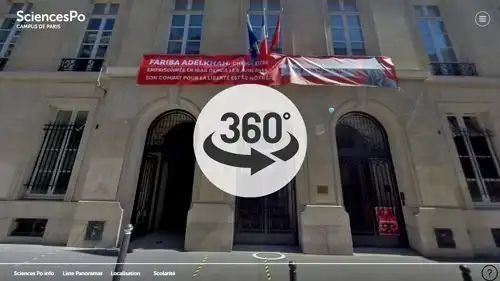
Delve into the interactive campus map. Visit classes, libraries, and other campus facilities online.


